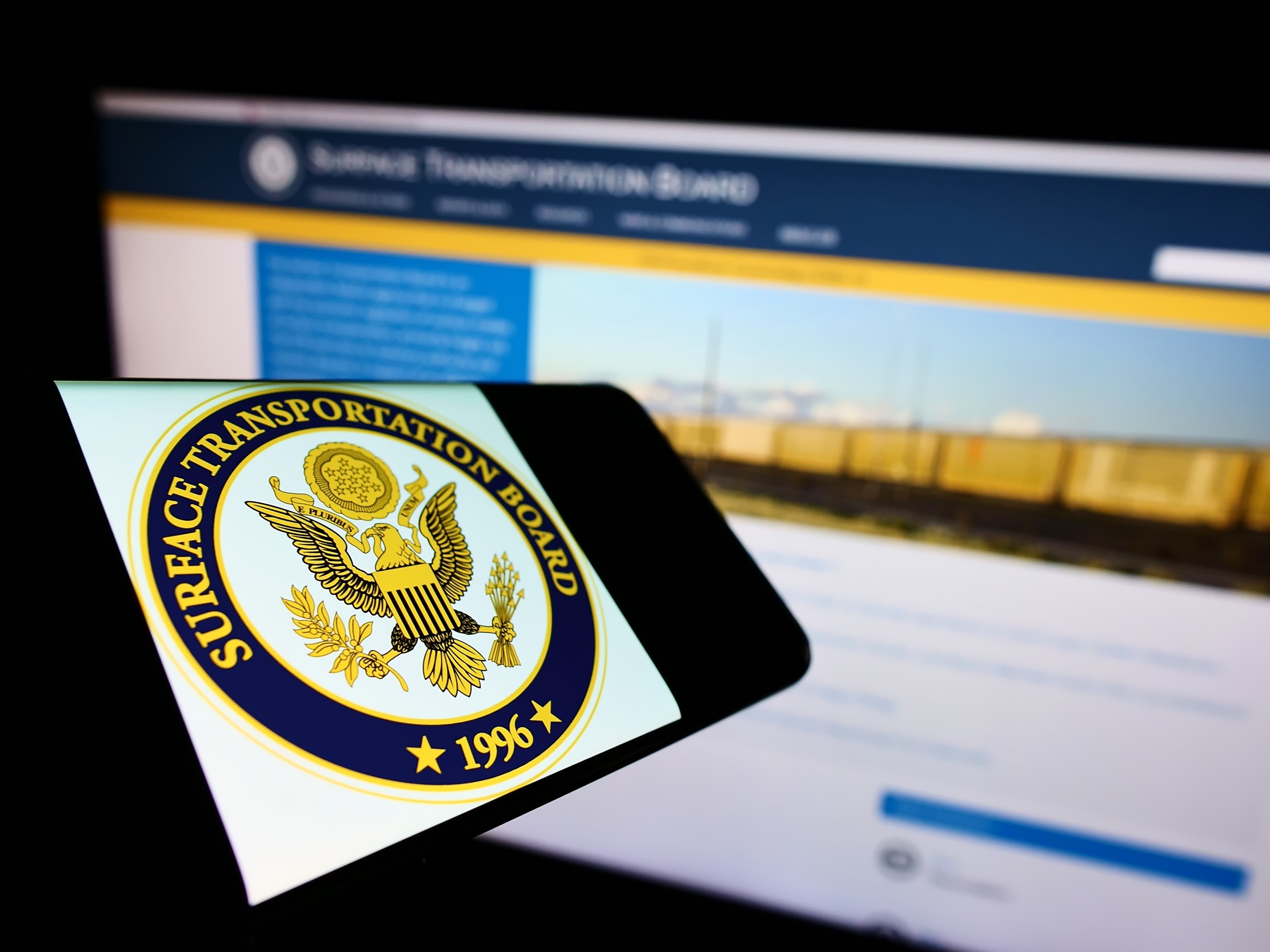I served as Chairman of the Surface Transportation Board (STB) from 2009-17. One of my biggest concerns was the limited access rail shippers had to certain remedies for rail violations of the Interstate Commerce Commission Termination Act. I saw my role as a balancing act between the interests of the railroads and their shippers. Each side had its perspective on the effectiveness of the existing rail regulatory scheme and the need for new rules. However, some of the regulatory remedies subject to the jurisdiction of the STB had indisputably lost most of their teeth over the years, including reciprocal switching and small rate cases.
Few Shippers Bring Cases Against Railroads
While there is much debate about why so few shippers bring cases to the STB against railroads, there can be little debate that shippers seldom bring small rate and reciprocal switching cases there. Shippers argue that the two existing small rate case processes and the standard to obtain a reciprocal switch are basically ineffective. This argument bears itself out by the dearth of cases on these issues over the years. The STB has taken notice of the absence of small rate cases and reciprocal switching proceedings and has taken action on this front. This should generate some optimism from these rail shippers for a more effective regulatory structure.
Reciprocal Switching
The STB began a rulemaking in 2016 on reciprocal switching which essentially has laid dormant until this year when there was a hearing on the subject in March. The existing standard for a reciprocal switching remedy has been viewed as unobtainable by rail shippers. The STB started this rulemaking to provide better access to this remedy put in place by statute. It is expected that there could be a new rule by the end of this month on reciprocal switching that should improve shippers’ chances in these proceedings.
Under reciprocal switching, an incumbent carrier transports a shipper’s traffic to an interchange point, where it switches the rail cars over to the competing carrier. The competing carrier pays the incumbent carrier a switching fee for bringing or taking the cars from the shipper’s facility to the interchange point, or vice versa. The switching fee is incorporated into the competing carrier’s total rate to the shipper. Reciprocal switching thus enables a competing carrier to offer its own single-line rate to compete with the incumbent carrier’s single-line rate, even if the competing carrier’s lines do not physically reach a shipper’s facility. This would create competition between these two railroads and hopefully result in better service and rates for the shipper.
Final Offer Rate Review
In addition, the STB is expected to issue a new small rate case process decision by the end of this month called Final Offer Rate Review. This process could be in the form of voluntary arbitration with the railroads or a case at the STB. This new method of challenging rail rates would fill a perceived void by rail shippers who generally believe the existing small rate case processes are broken.
The proposal provides a baseball-style arbitration process where each side presents its position on what a reasonable rate should be, and the STB or arbitrator would choose the best option between the railroad’s and the shipper’s position. The structure would allow parties to present their cases in the manner that they believe is most convincing without the stringent guidelines in the existing types of small-rate cases. The remedy limit would be $4 million over a two-year period.
Is Change Approaching?
Rail shippers have consistently complained that they have no routes to challenge improper behavior by the railroads at the STB in certain instances as discussed. This may change soon. It remains to be seen how strong these two new rules will be and whether shippers will use them. My advice is to watch for these two decisions because the STB has finally given you what you need to bring a case to protect your statutory rights from market-dominant railroads.
